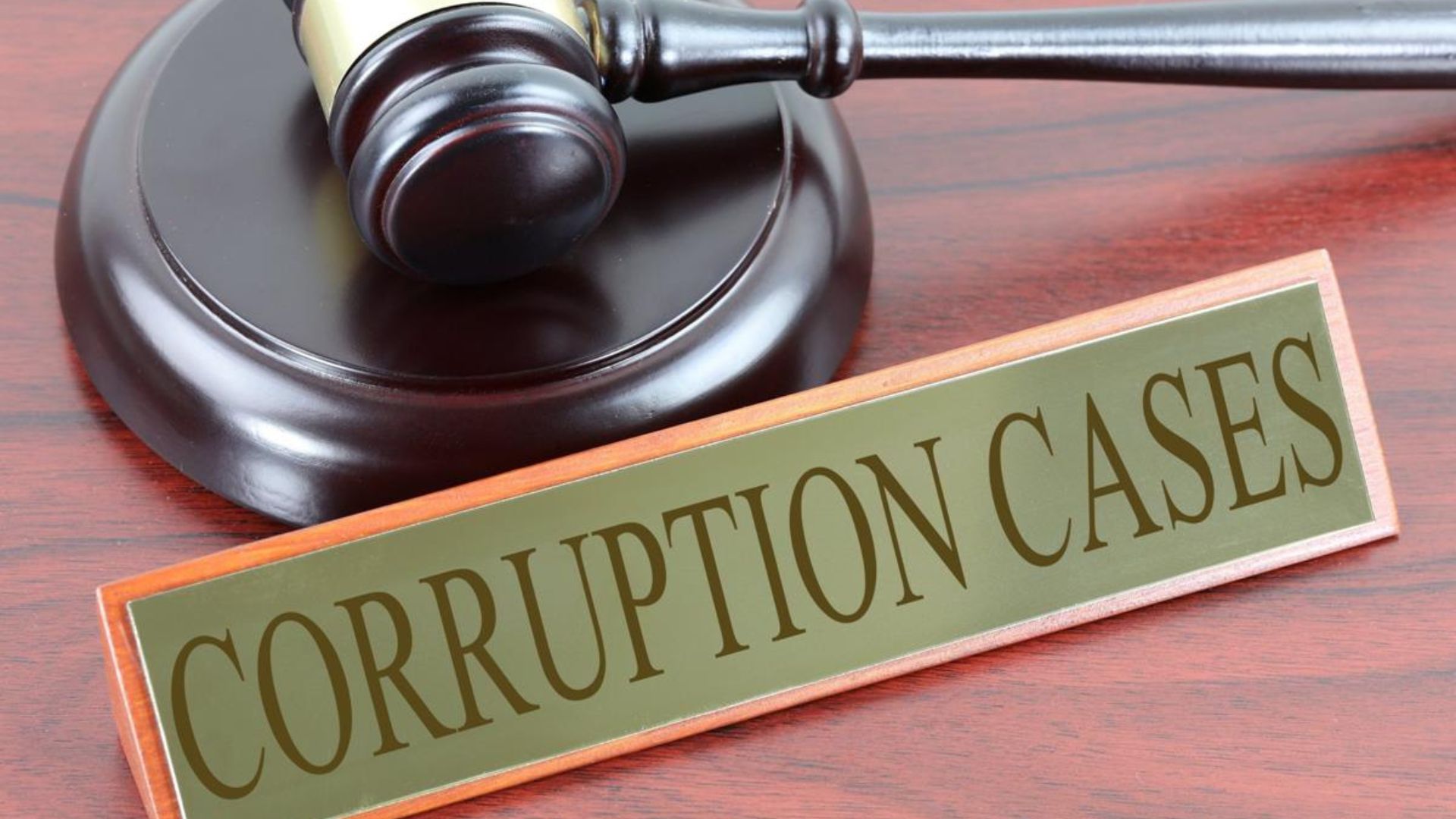Corruption undermines the core principles of democracy by eroding trust in institutions, distorting public policies, and perpetuating inequality. This article explores the various ways corruption weakens democracies and offers insights into how these impacts can be mitigated to strengthen democratic systems.

Erosion of Public Trust
Loss of Confidence:
- Explanation: Corruption erodes public trust in political institutions and leaders. When citizens perceive that officials are engaged in corrupt practices, their confidence in the system diminishes.
- Impact: A decline in trust can lead to reduced civic engagement, lower voter turnout, and decreased support for democratic processes.
Examples:
- Case Study: The Watergate scandal in the 1970s significantly undermined trust in the U.S. government, leading to widespread skepticism about political integrity.
- Public Perception: In countries with high levels of corruption, such as Venezuela, public trust in government institutions is often severely compromised.
Distortion of Public Policies
Policy Manipulation:
- Explanation: Corruption can lead to the manipulation of public policies to benefit specific individuals or groups rather than the public interest. This often results in policies that are inefficient or harmful.
- Impact: Distorted policies can undermine effective governance and exacerbate social and economic inequalities.
Examples:
- Case Study: In many countries, corruption in public procurement processes results in overpriced and substandard infrastructure projects that fail to meet public needs.
- Economic Impact: Corruption in regulatory agencies can lead to weaker enforcement of laws, resulting in environmental degradation or unsafe products.
Perpetuation of Inequality
Unequal Access:
- Explanation: Corruption can perpetuate inequality by creating barriers to accessing essential services and opportunities. Those with connections or resources are more likely to benefit from public services and opportunities.
- Impact: This reinforces existing social and economic disparities and limits social mobility.
Examples:
- Case Study: In countries with high corruption levels, such as India, bribery and favoritism in educational and healthcare systems often result in unequal access to quality services.
- Social Inequality: Corruption can exacerbate income inequality by diverting public resources away from social programs and into the hands of a few privileged individuals.
Weakening Democratic Institutions
Institutional Decay:
- Explanation: Corruption can weaken democratic institutions by compromising their effectiveness and integrity. Institutions such as the judiciary, electoral bodies, and law enforcement can become corrupt themselves.
- Impact: Weak institutions fail to uphold the rule of law and protect democratic processes, leading to a breakdown in governance.
Examples:
- Case Study: In some countries, corruption within the judiciary undermines the impartiality of legal proceedings, leading to unfair trials and a lack of justice.
- Electoral Integrity: Corruption in electoral processes, such as vote-buying and tampering, can undermine the legitimacy of elections and democratic outcomes.
Stifling Political Participation
Disenfranchisement:
- Explanation: Corruption can discourage political participation by creating a perception that the political system is rigged or unresponsive to the needs of ordinary citizens.
- Impact: Lower levels of political participation weaken democratic engagement and reduce the accountability of elected officials.
Examples:
- Case Study: In countries with pervasive corruption, such as Zimbabwe, widespread disillusionment with the political system can lead to voter apathy and decreased civic engagement.
- Political Activism: Corruption can stifle political activism and civil society efforts by creating an environment where dissent is suppressed or ignored.
Undermining Rule of Law
Legal Corruption:
- Explanation: Corruption undermines the rule of law by allowing illegal activities to go unchecked and by eroding legal protections. When laws are not enforced impartially, the rule of law is compromised.
- Impact: This leads to a lack of accountability and impunity for those who engage in corrupt practices, further perpetuating corruption.
Examples:
- Case Study: In many countries with high levels of corruption, such as Russia, legal systems are often compromised, leading to selective enforcement and a lack of justice.
- Impunity: Corruption allows powerful individuals to evade legal consequences, undermining the fairness and effectiveness of the legal system.
Economic Impact
Economic Inefficiency:
- Explanation: Corruption leads to economic inefficiencies by distorting market mechanisms and diverting resources away from productive uses. This can stifle economic growth and development.
- Impact: Corruption can deter investment, inflate costs, and lead to poor-quality public services, ultimately harming economic stability.
Examples:
- Case Study: In countries with high corruption levels, such as Nigeria, corruption in the oil sector can lead to mismanagement of resources and reduced economic development.
- Investment Deterrence: Foreign and domestic investors may be discouraged from investing in corrupt environments, leading to slower economic growth.
Conclusion
Corruption significantly weakens democracies by eroding public trust, distorting public policies, perpetuating inequality, weakening democratic institutions, stifling political participation, undermining the rule of law, and causing economic inefficiency. Addressing corruption requires a multifaceted approach, including strengthening institutions, promoting transparency, enforcing accountability, and fostering civic engagement. By tackling these issues, democracies can work towards more effective governance and greater public trust.

